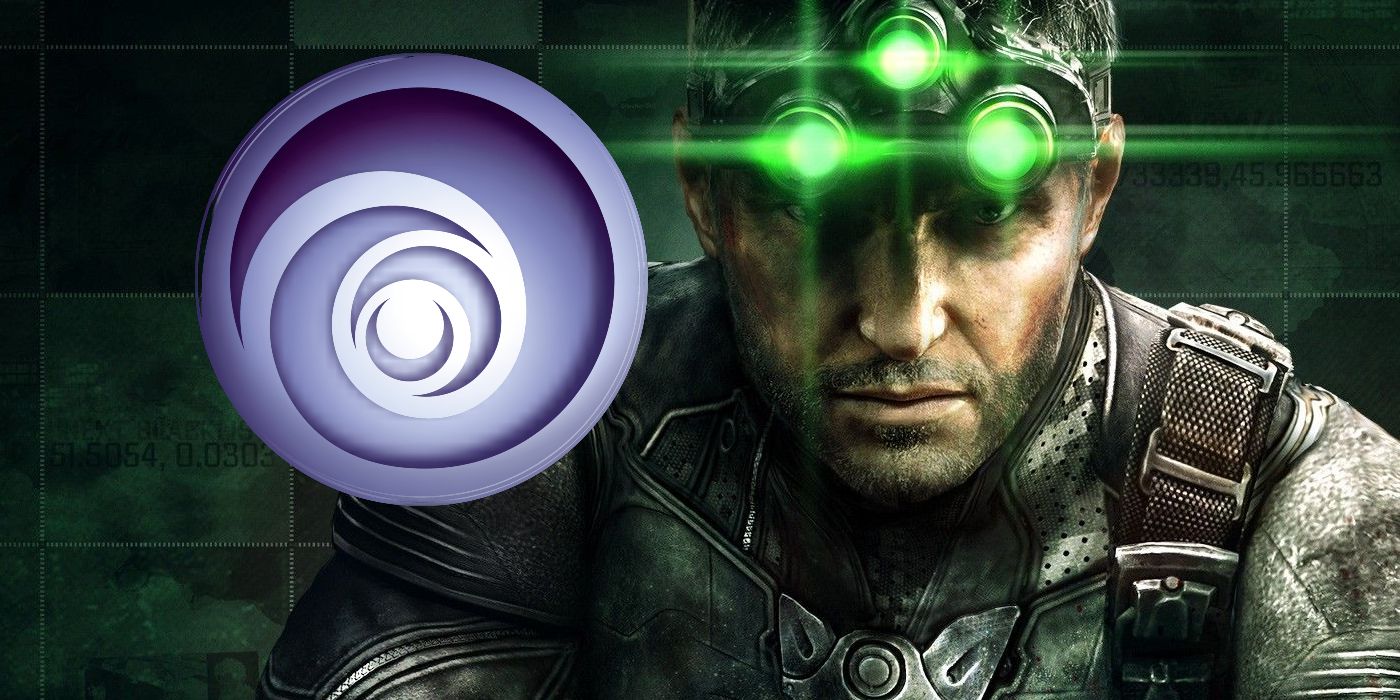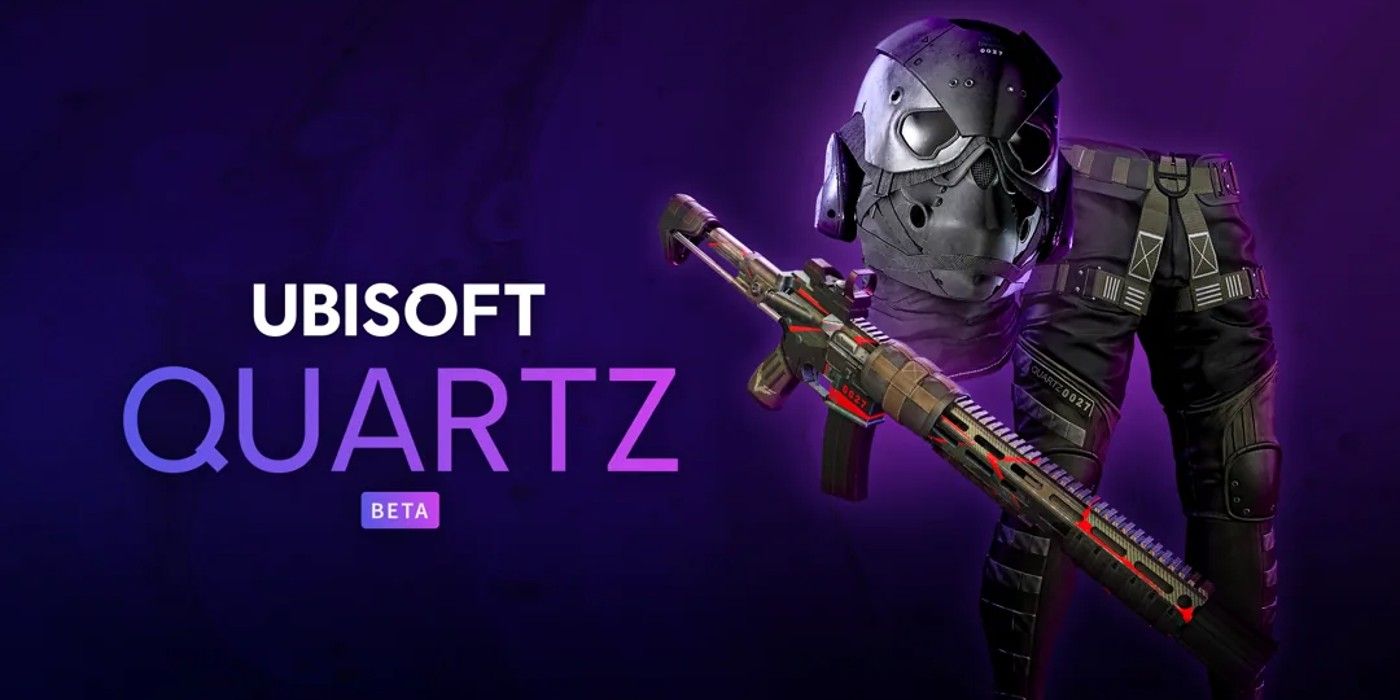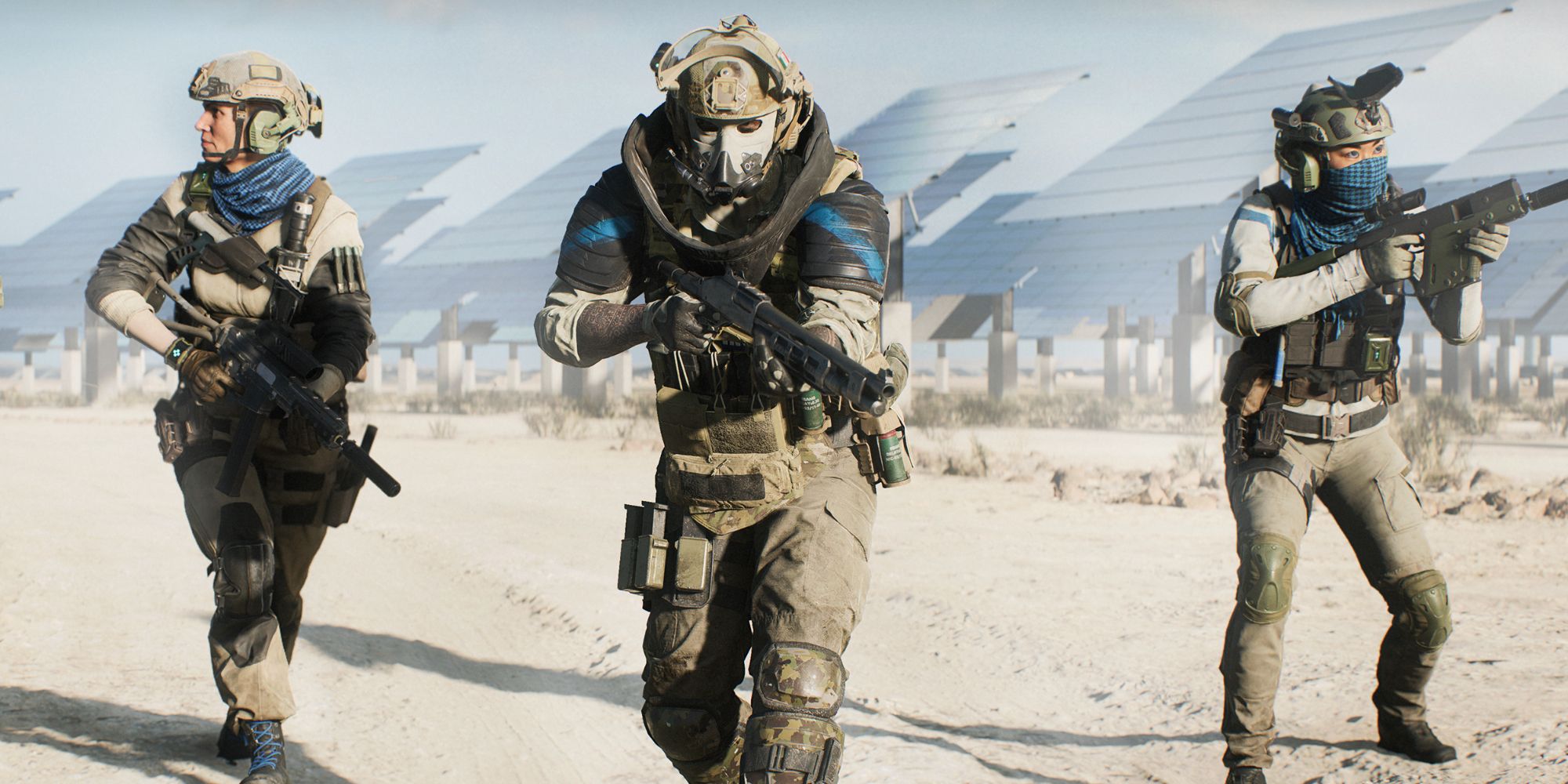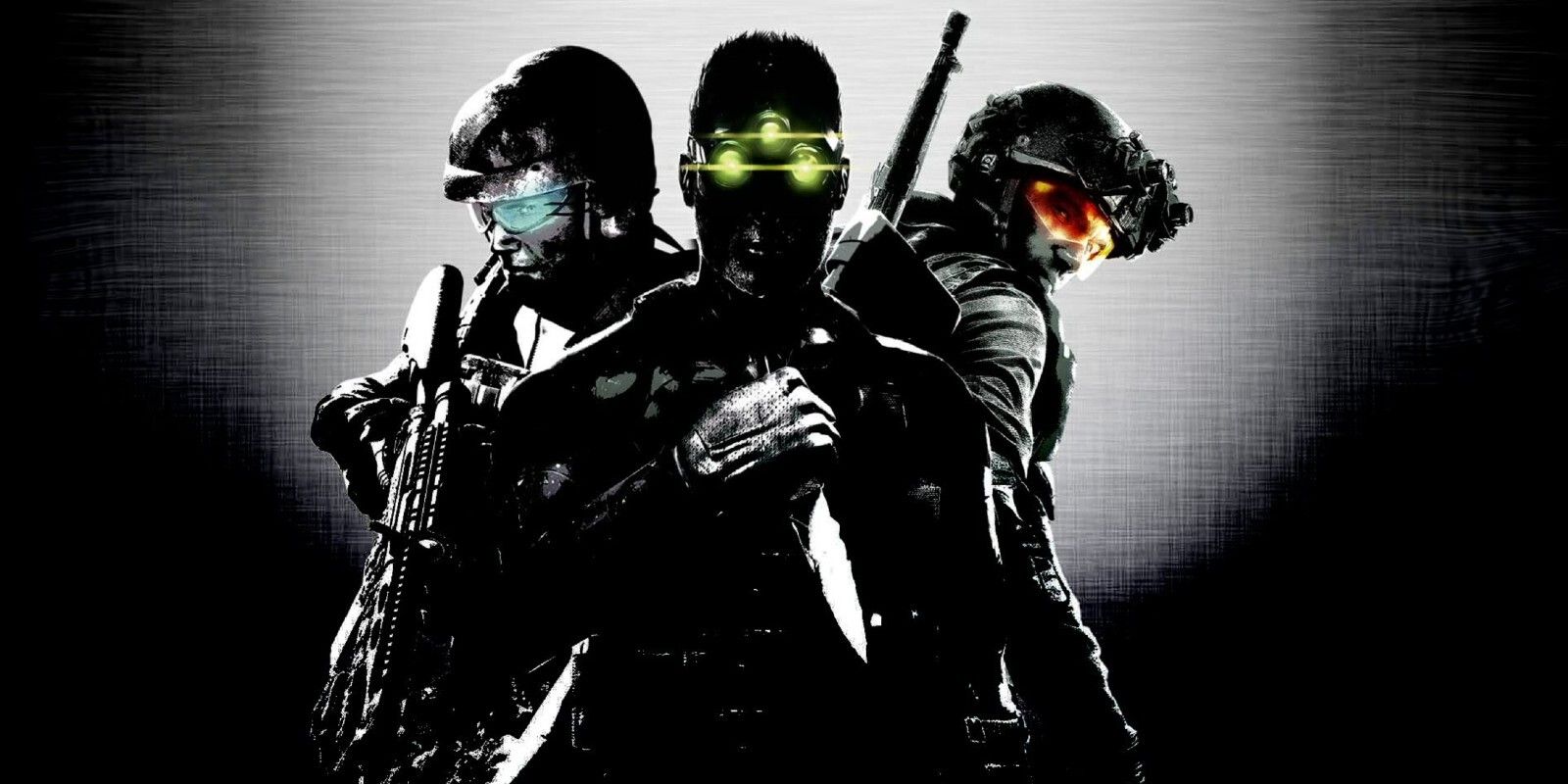Ubisoft, the French video game developer responsible for the Far Cry and Assassin's Creed games, has recently announced that it is developing a Splinter Cell remake, but there are already plenty of ways it could mess it up. Ubisoft's Tom Clancy games have been accused of shedding their franchise identity recently, with Splinter Cell absent over the last decade and series like Rainbow Six and Ghost Recon shedding their tactical roots and embracing hero-shooter and open world gameplay. This bodes poorly for the publisher's remake of Splinter Cell, as there's a chance it too may shift to accommodate popular gaming trends.
There are other factors that may affect the next Splinter Cell game as well. In November 2021, a group of current and former employees began petitioning to improve working conditions at Ubisoft. This came in the aftermath of widespread accusations in 2020 of sexual harassment and discrimination in the workplace, which some employees at the company believe has not been properly addressed by the developer. That same year, 1000 Ubisoft employees signed an open letter in support of fellow developers at Activision Blizzard, demanding greater accountability within the video game industry. Though Ubisoft has continued to produce AAA games, in the meantime, its reputation has taken a hit.
Public controversy aside, Ubisoft still has several hurtles to pass if the upcoming Splinter Cell game is to succeed on its own merit. If the developer itself shirks its public perceptions, it still has to contend with an ever-changing marketplace that is constantly competing for the time and money of its audience. That means a diverse pool of competing developers, each experimenting with new gameplay models and digital marketplaces that may or may not resonate with fans. Ubisoft remaking Splinter Cell might be a real shot for the developer to rebuild trust in their place as one of the top game developers in the world. That being said, there are still plenty of ways Ubisoft could mess it up.
Ubisoft Could Incorporate NFTs Into Splinter Cell
NFT stands for non-fungible token, and has become a growing trend in digital sales. Essentially, NFTs make it easier to buy and sell digital content, as each trade or sale is recorded on a cryptocurrency blockchain, and the sale contract is bound to the digital content forever. So, when NFTs are sold or traded, the original artist or creator is able to retain royalties through the sale of their digital content. This system isn't perfect, however, and has already been credited with money laundering and insider trading within NFT marketplaces, as well as environmental damage.
Ubisoft has already entered into the sale of NFTs with Tom Clancy's Ghost Recon: Breakpoint, and the inclusion of the NFT marketplace will make Ubisoft games worse. In Ubisoft's video introduction to its NFT marketplace, dubbed Quartz, players will be able to purchase one-of-a-kind cosmetics that are wearable in-game. Each cosmetic will come with an engraved serial number, and its sales and ownership will be tracked, possibly within the Quartz marketplace. Incorporating NFTs into video games, which already suffer from improperly-balanced microtransactions, feels like a dangerous step in the wrong direction. Including this marketplace in Splinter Cell could not only take away from the experience of the game itself, but draw old and new players into a highly volatile trade market.
Ubisoft Could Give Splinter Cell A Battle Royale Mode
This immensely popular genre has gained enormous traction in the past few years, with massive gaming franchises like Battlefield integrating battle royale modes to mixed results. The basic concept of a battle royale game is a player or team of players is given the same starting position (on a map, or above a map). From there, players take their own paths to either reach an end point (Fall Guys), or to accumulate supplies and weapons to best other players on the map (Apex Legends, Call of Duty: Warzone). Starting with games like PlayerUnknown's Battlegrounds and Fortnite, the battle royale trend has inspired other original games like Apex Legends and Spellbreak. Furthermore, the battle royale model has also been incorporated into the Call of Duty franchise, taking the mammoth FPS series' popularity to a whole other level.
Ubisoft will enter the battle royale genre with Ghost Recon Frontline, which saw negative reactions from fans. Incorporating battle royale into Splinter Cell would be similarly problematic, however, as while the series has seen successful multiplayer modes in the past, large-scale warfare isn't its focus. Ubisoft has already confirmed that the Splinter Cell remake will not be open world, with the development team emphasizing that it intends on preserving the original Splinter Cell experience while updating its gameplay and visual design. The original Splinter Cell experience relied on stealth tactics to traverse beautifully designed mission levels as quietly as possible. To try to shape and twist that experience into a sprawling battle royale map would reduce the game's original tension and tactics to an action-heavy looter shooter, which would be a far cry from Splinter Cell's roots.
Ubisoft Could Include Microtransactions In The Splinter Cell Remake
Microtransactions have become a core feature of most multiplayer games over the last several years, and Ubisoft has been a key adopter, particularly with its Tom Clancy games. Ghost Recon: Breakpoint fell victim to microtransactions in 2019, while paid cosmetics sustain Rainbow Six Siege's semi-regular updates. With paid DLC declining, many developers switched to microtransactions so that games could be supported in the long term, although they have proven controversial when applied in certain ways. For some players, microtransactions represent a transparent bid for their wallets, and can alienate them from certain game experiences. When tied to gameplay features and weapons, they can also be accused of encouraging pay-to-win mechanics.
Also like Ubisoft's NFT market, microtransactions in Splinter Cell would only draw away from the game. The original Splinter Cell games were deeply engaging narrative games that put players into tense environmental puzzles and challenged them to find creative solutions in the shadows. Purchasing unique cosmetics and in-game items - while a potential option for multiplayer - shouldn't be a core feature of Splinter Cell. The upcoming remake would be better suited for a well-crafted single-player narrative, with the potential for future DLC packages for purchase.
The future of the Splinter Cell series is still ultimately uncertain. Details about the upcoming game are scarce, and at present it is unclear if Ubisoft knows what to do with Splinter Cell. There are definitely plenty of ways that Ubisoft could mess up one of its most iconic properties. There can also be hope in the future for Tom Clancy's Splinter Cell.




